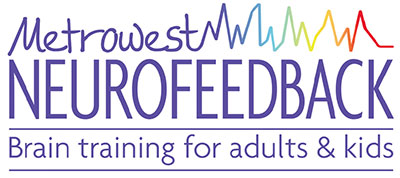
How Exercise May Help the Brain Grow Stronger
Physical activity is good for our brains. A wealth of science supports that idea. But precisely how exercise alters and improves the brain remains somewhat mysterious.
A new study with mice fills in one piece of that puzzle. It shows that, in rodents at least, strenuous exercise seems to beneficially change how certain genes work inside the brain. Though the study was in mice, and not people, there are encouraging hints that similar things may be going on inside our own skulls.
Exercise promotes the expression of brain derived neurotrophic factor (BDNF) through the action of the ketone body β-hydroxybutyrate
Abstract
Exercise induces beneficial responses in the brain, which is accompanied by an increase in BDNF, a trophic factor associated with cognitive improvement and the alleviation of depression and anxiety. However, the exact mechanisms whereby physical exercise produces an induction in brain Bdnf gene expression are not well understood. While pharmacological doses of HDAC inhibitors exert positive effects on Bdnf gene transcription, the inhibitors represent small molecules that do not occur in vivo. Here, we report that an endogenous molecule released after exercise is capable of inducing key promoters of the Mus musculus Bdnf gene. The metabolite β-hydroxybutyrate, which increases after prolonged exercise, induces the activities of Bdnf promoters, particularly promoter I, which is activity-dependent. We have discovered that the action of β-hydroxybutyrate is specifically upon HDAC2 and HDAC3, which act upon selective Bdnf promoters. Moreover, the effects upon hippocampal Bdnf expression were observed after direct ventricular application of β-hydroxybutyrate. Electrophysiological measurements indicate that β-hydroxybutyrate causes an increase in neurotransmitter release, which is dependent upon the TrkB receptor. These results reveal an endogenous mechanism to explain how physical exercise leads to the induction of BDNF.
Study of Former NFL Players Shows Risks for Brain from Youth Football
By Jason M. Breslow August 12, 2015
In any given season, a youth football player might experience hundreds of hits to the head. Most of the time, these routine impacts won’t be straight-on collisions that cause a concussion, but research has shown that players as young as nine can still be vulnerable to blows that carry the same amount of force that’s more typical for college football.
Biofeedback now a “Level 1 — Best Support” Intervention for Attention & Hyperactivity Behaviors
By SharpBrains October 5, 2012
PracticeWise, the company that maintains the American Academy of Pediatrics “Evidence-based Child and Adolescent Psychosocial Interventions” announced it will elevate biofeedback as an intervention for Attention & Hyperactivity Behaviors.
Controversial Neurofeedback Brain Therapy May Be the Answer to PTSD
By Katie Drummond June 20, 2011
Military doctors struggling to treat post-traumatic stress disorder are quietly adding a new tool to their arsenal: A controversial brain-wave therapy they say can heal troubled veterans and even send once-broken troops back into combat.
